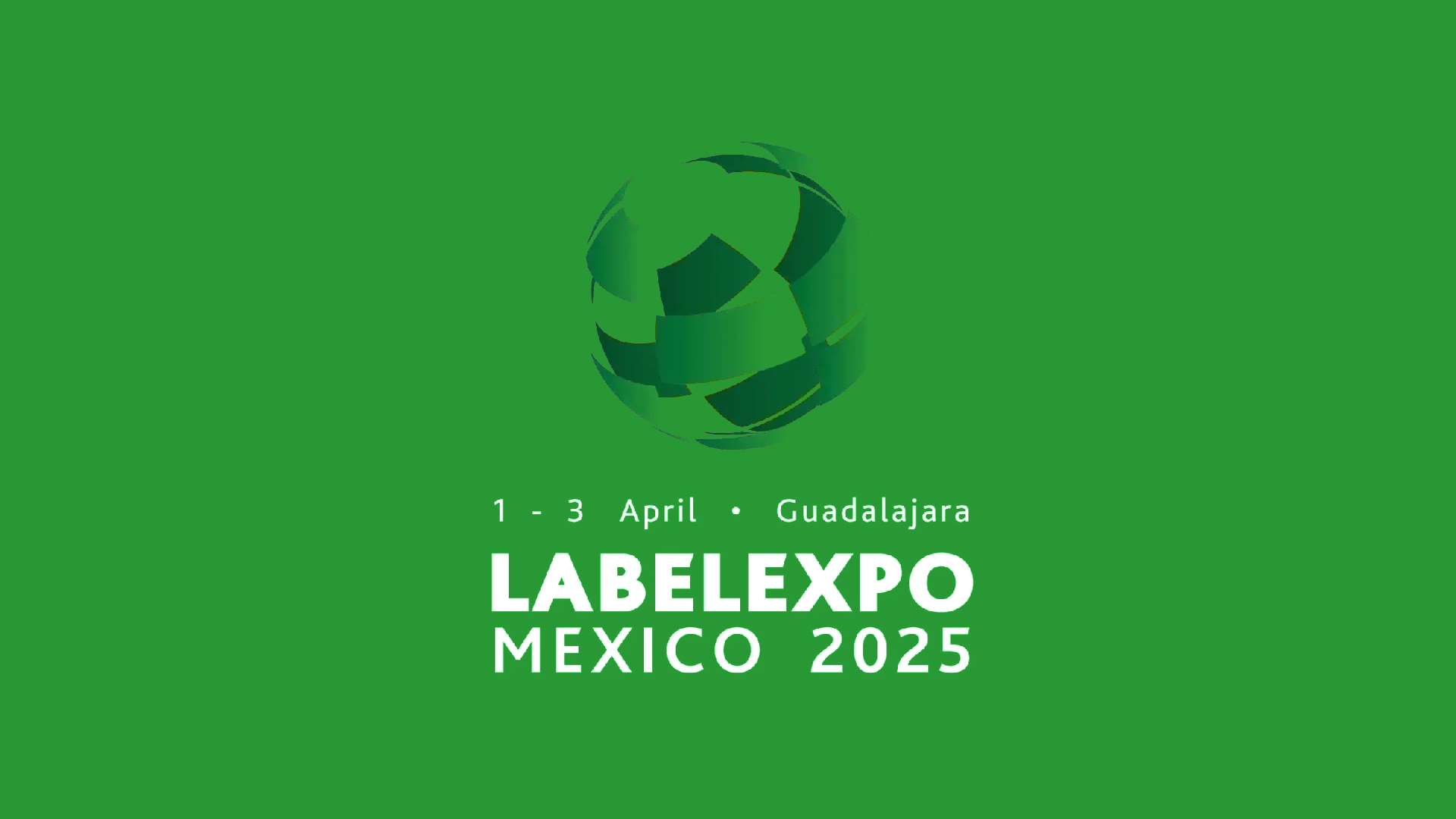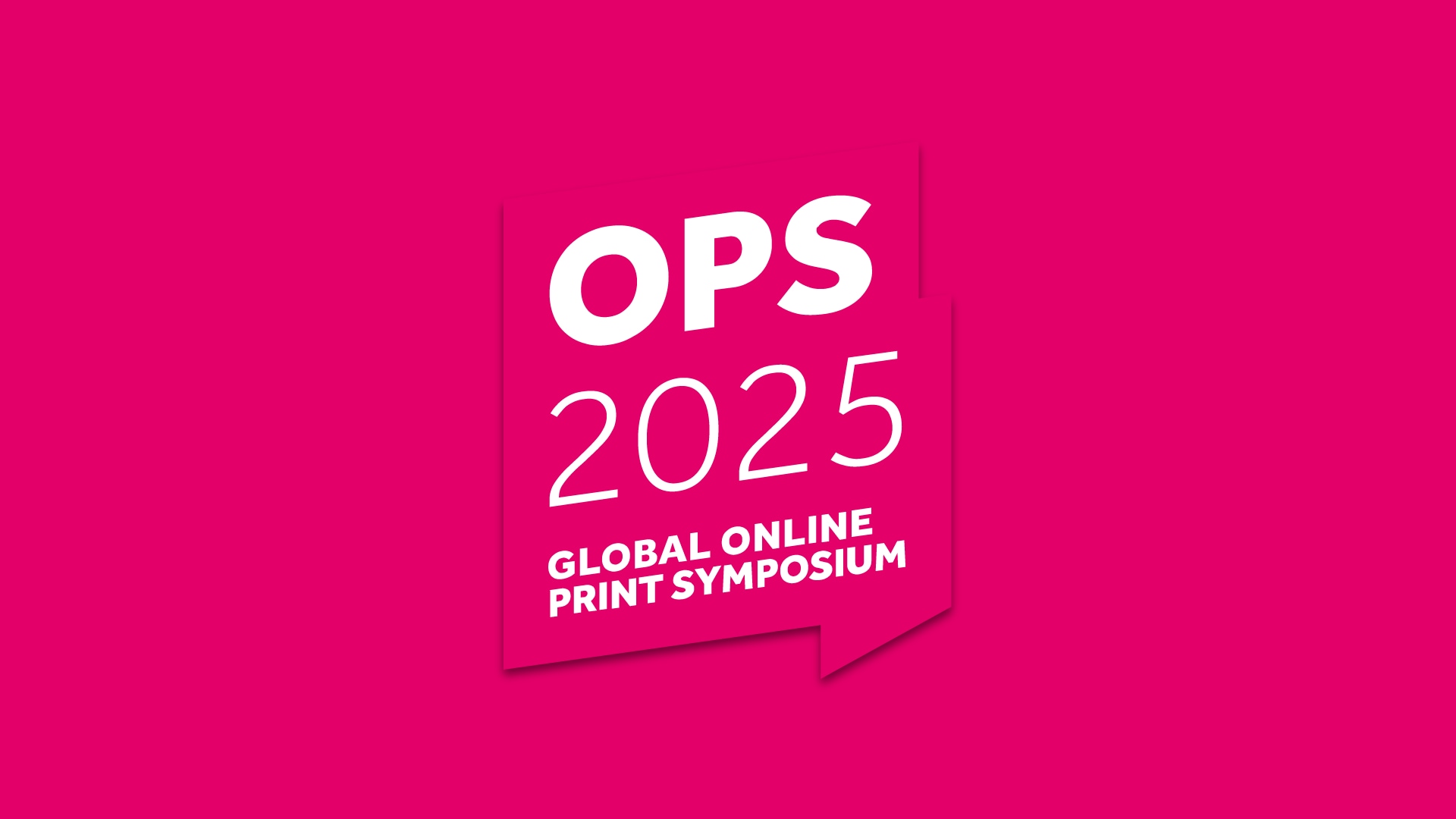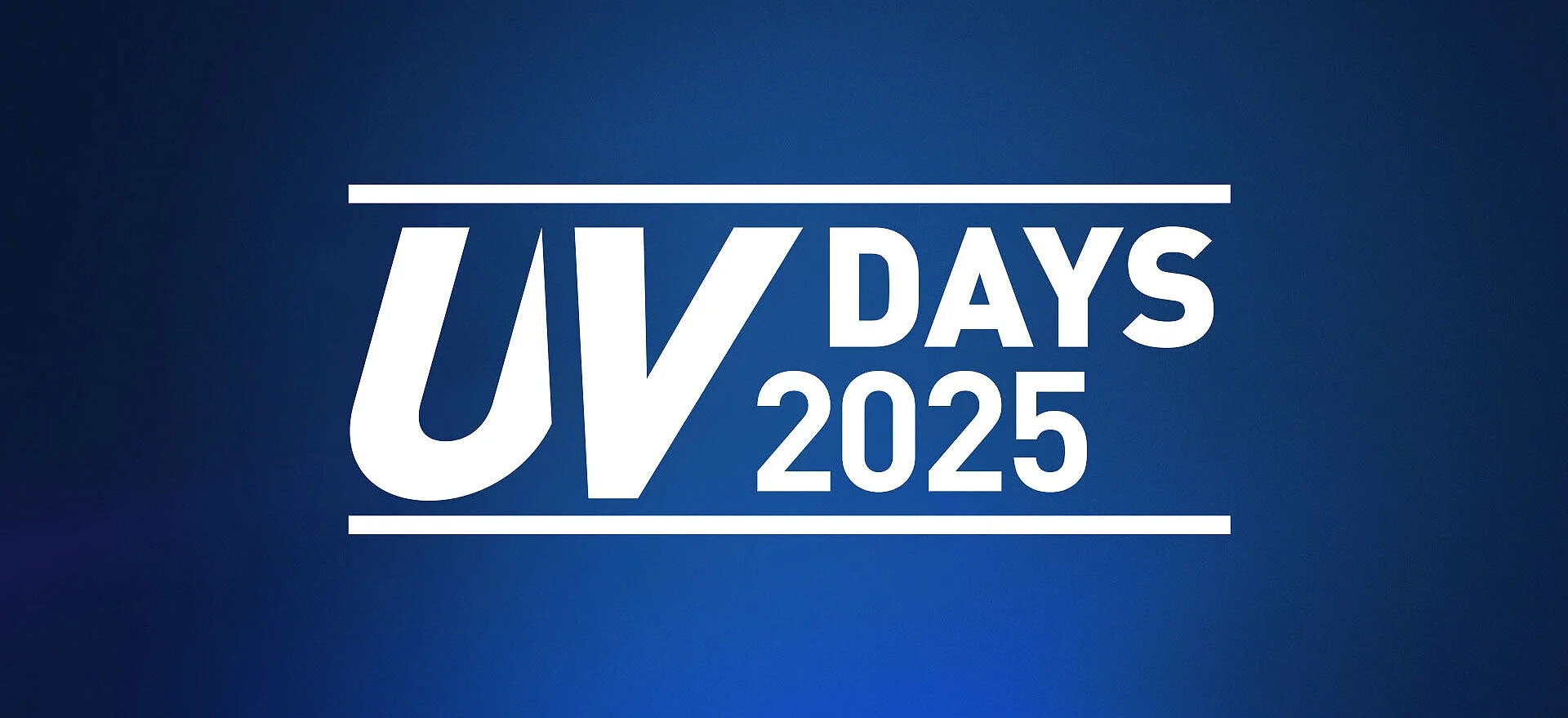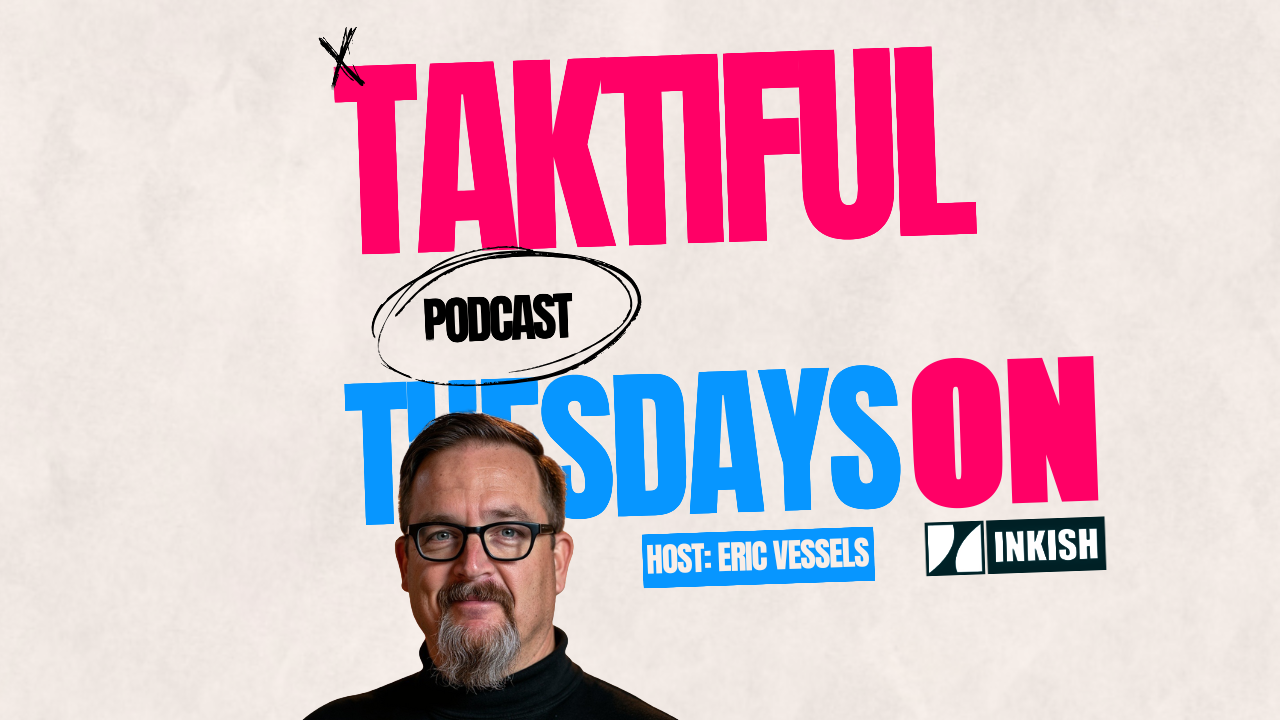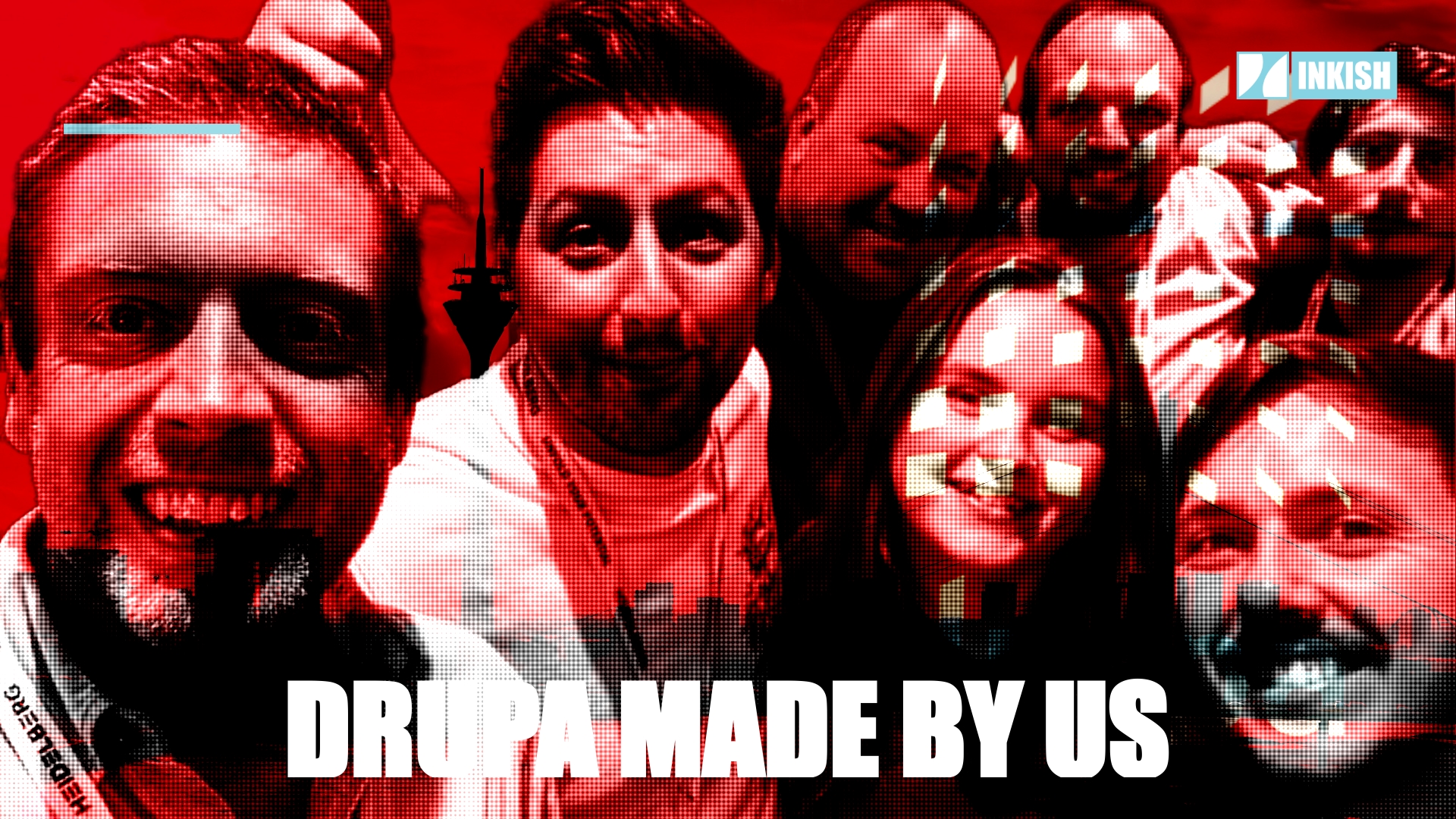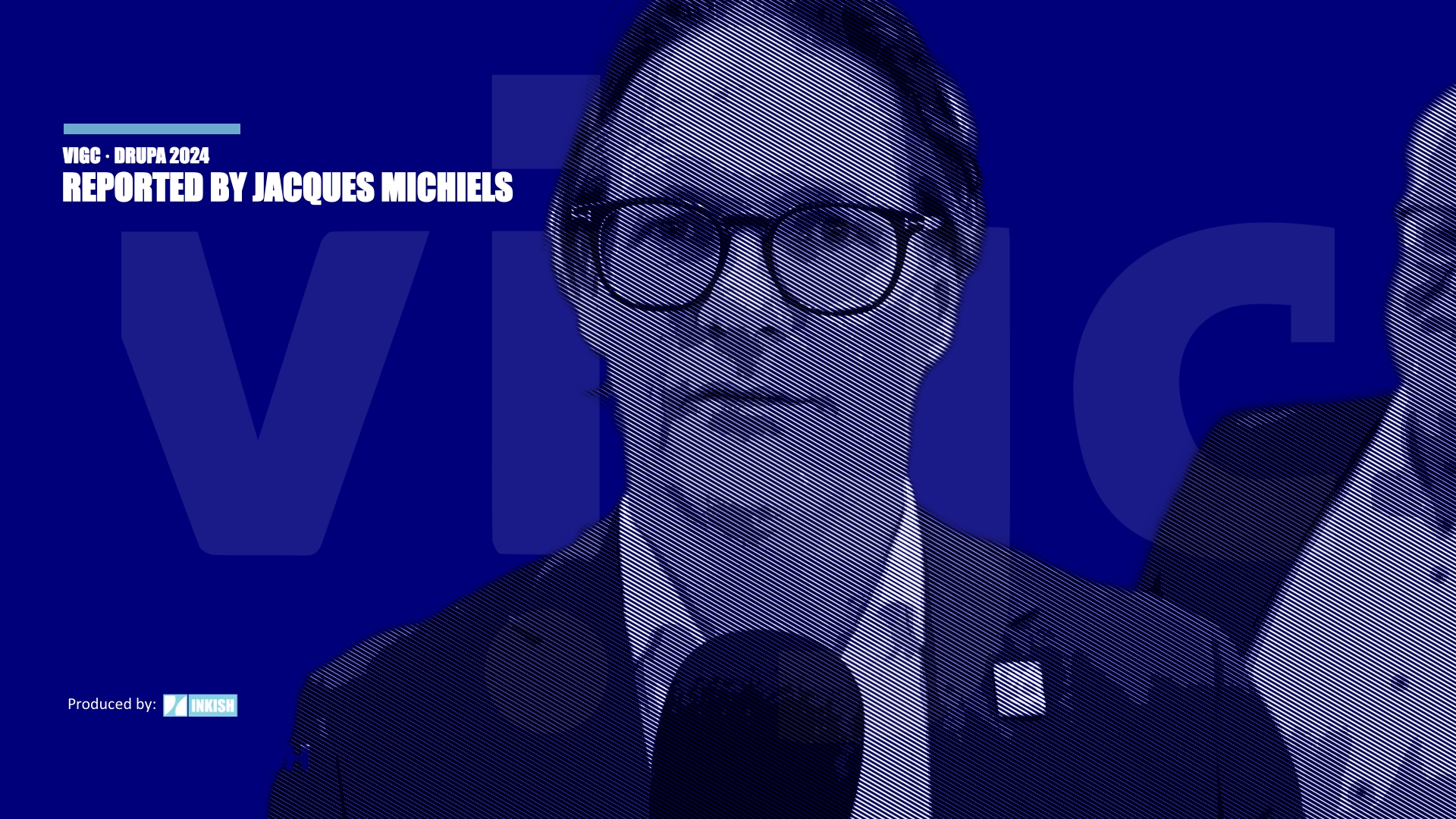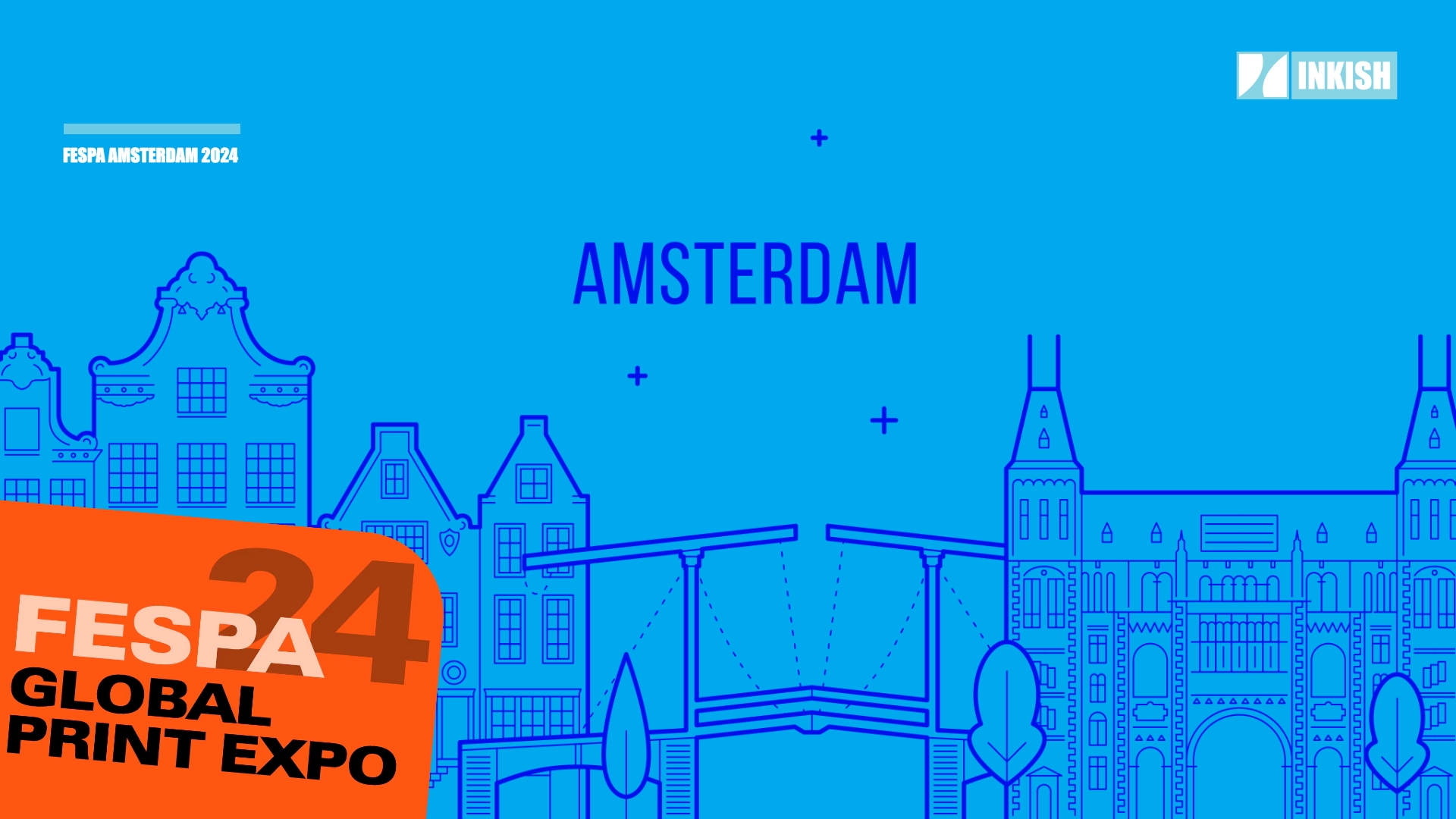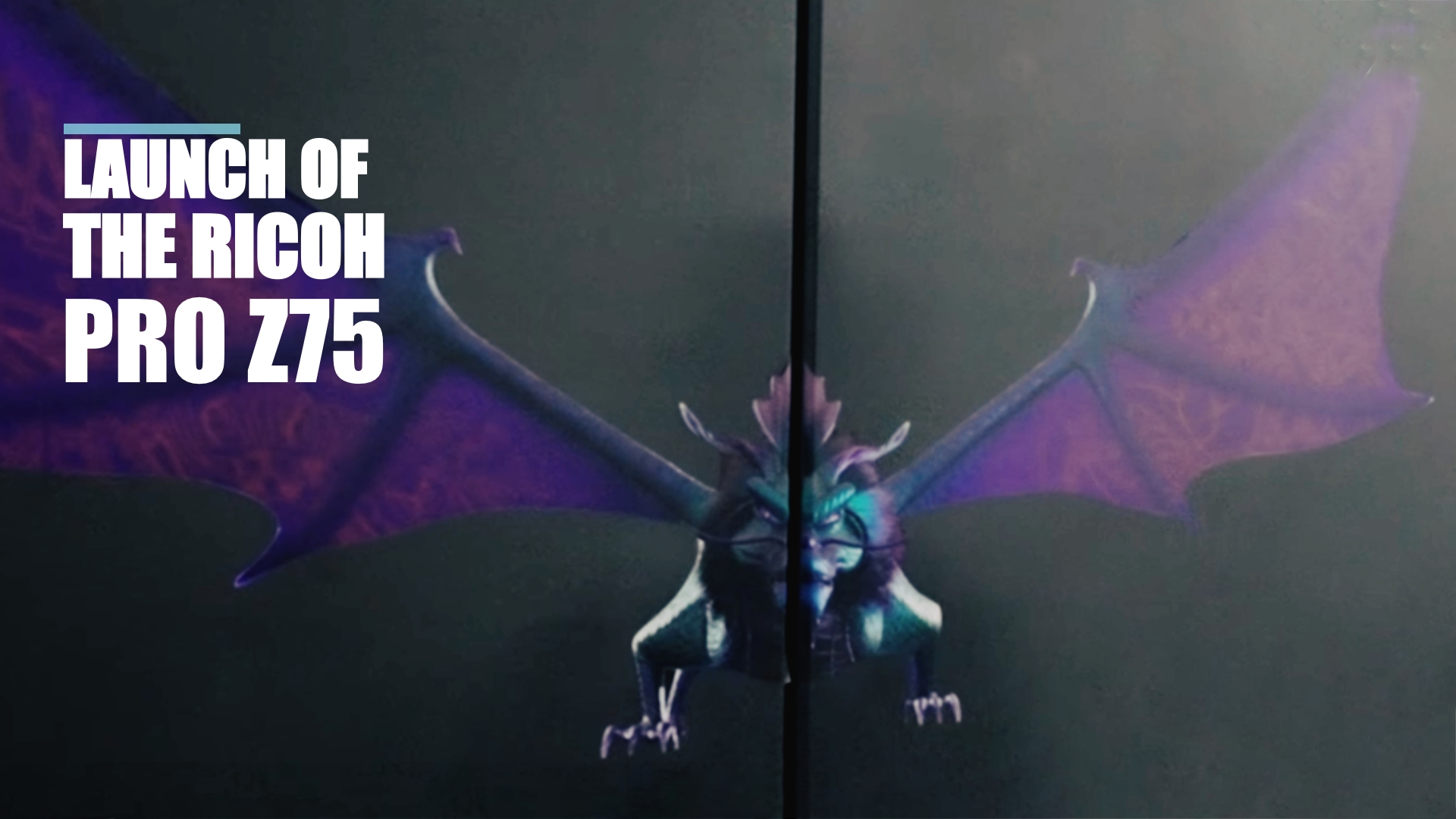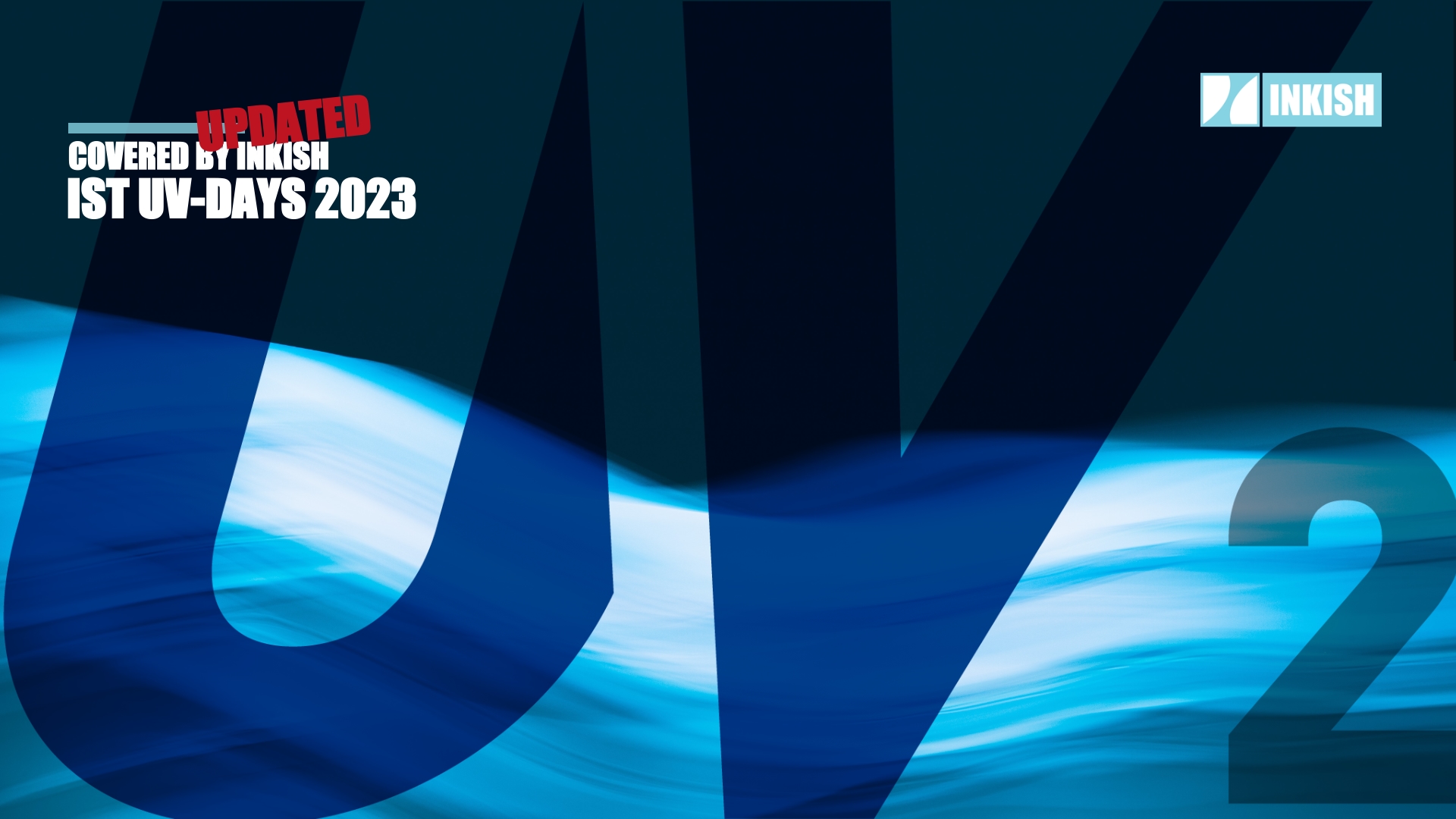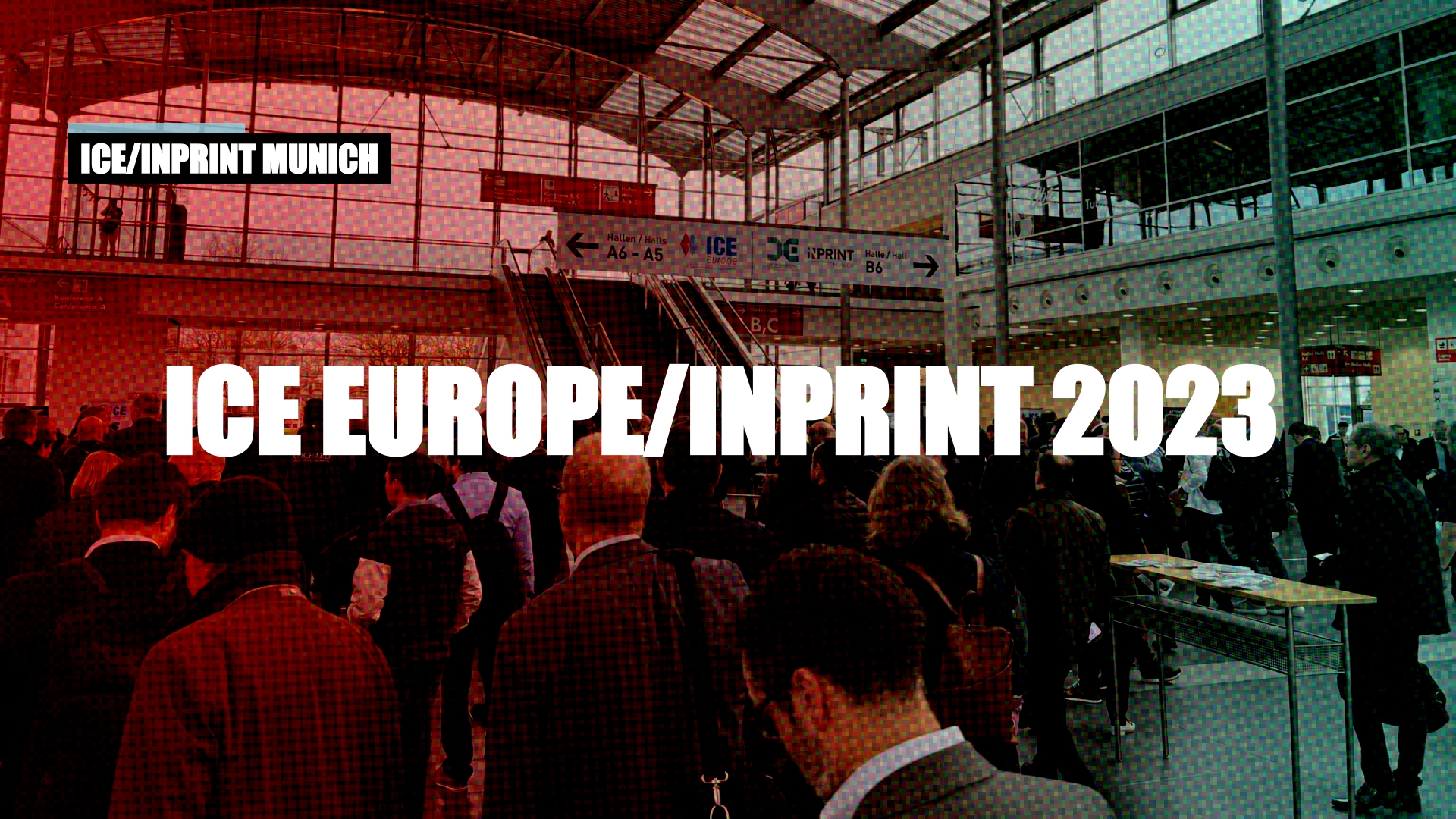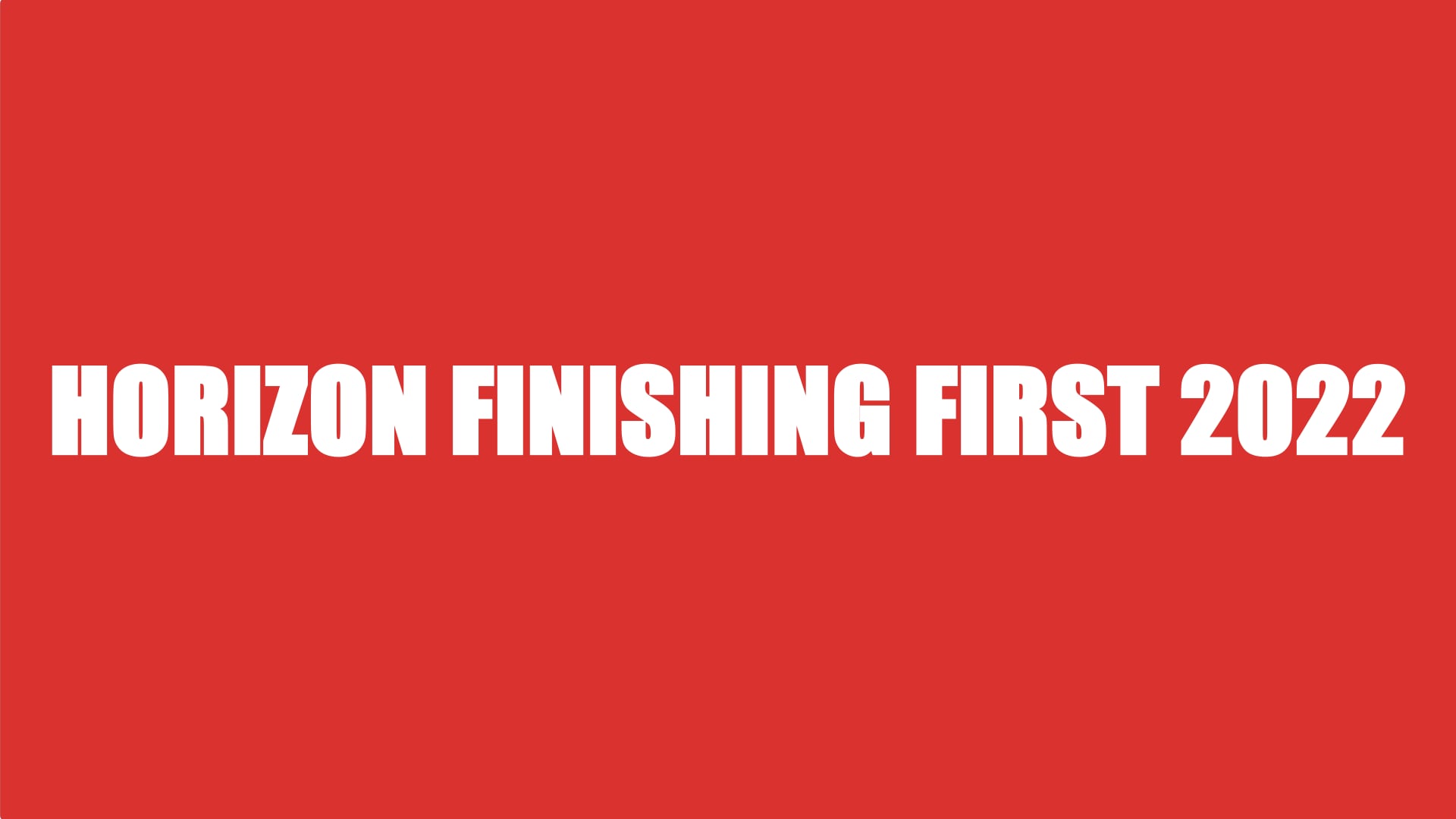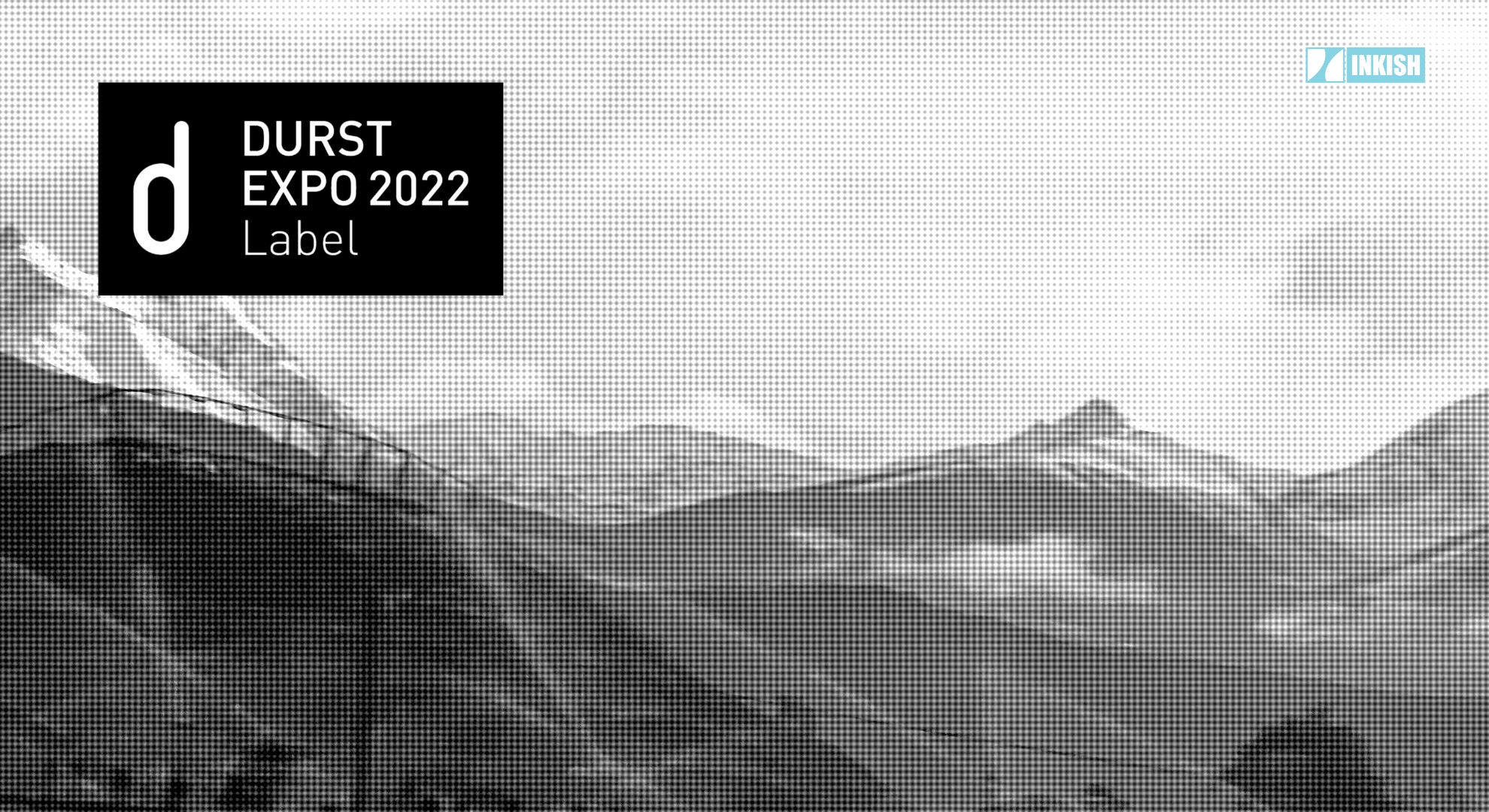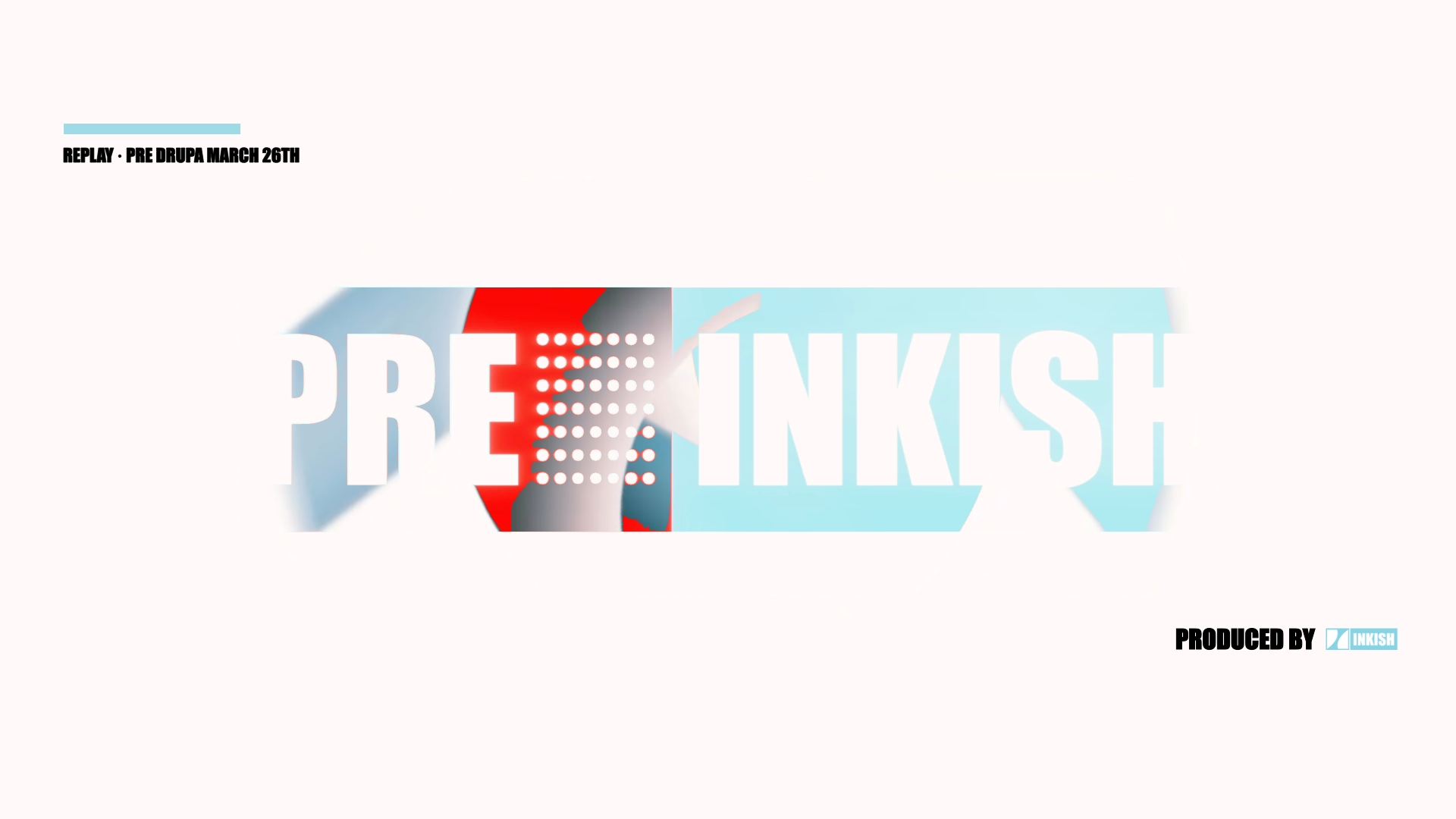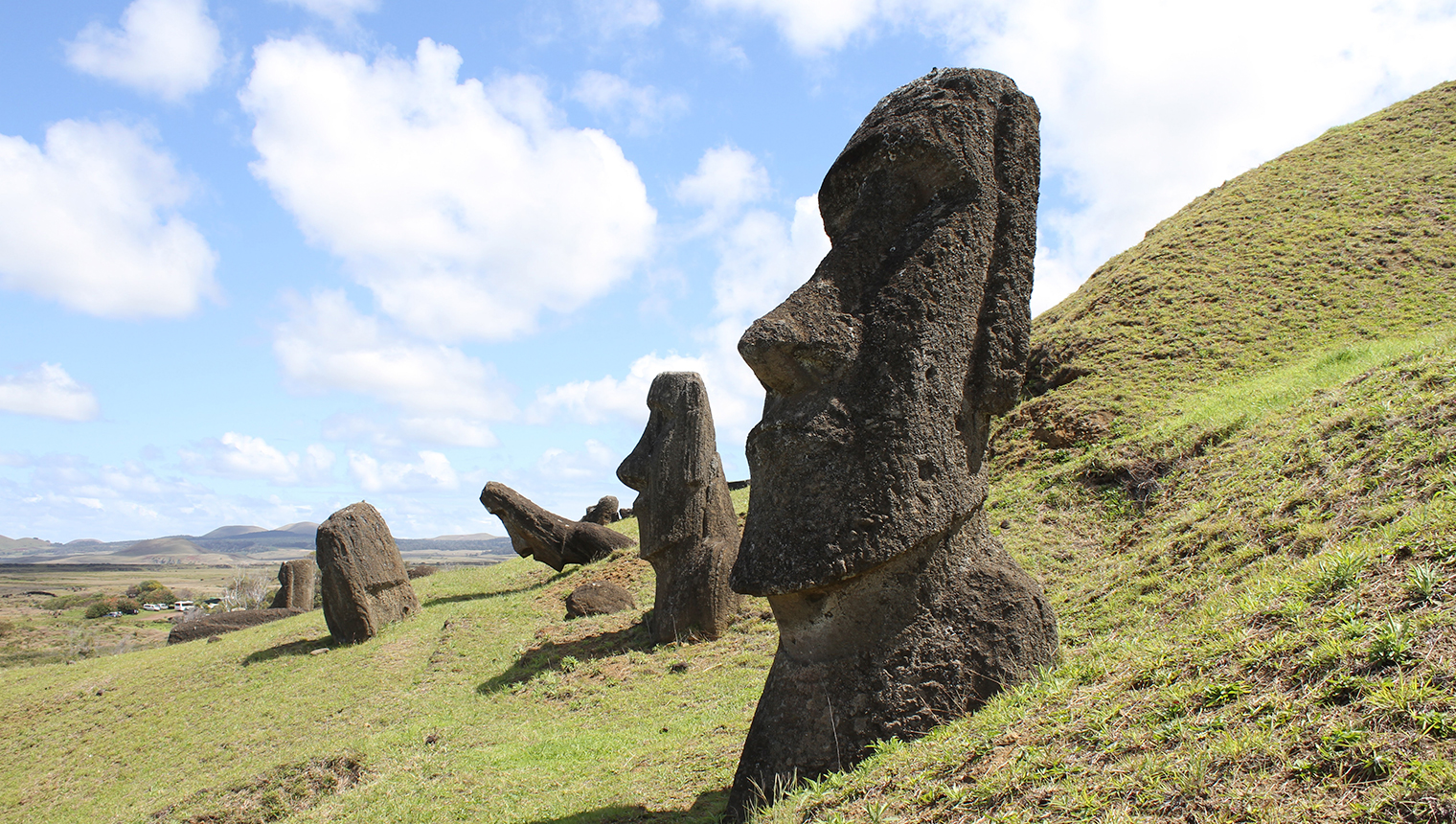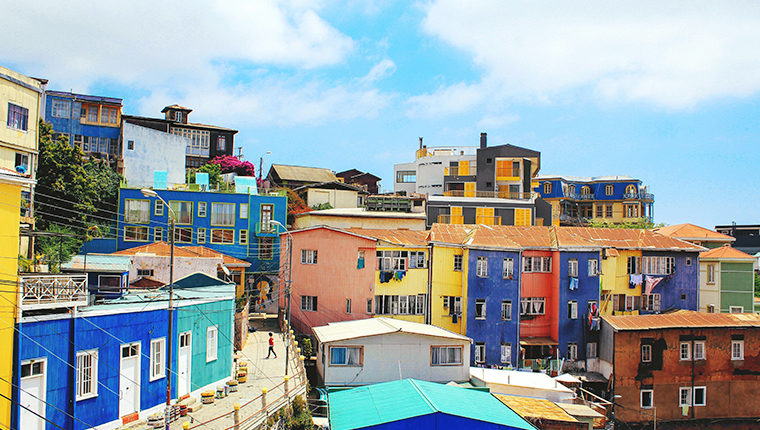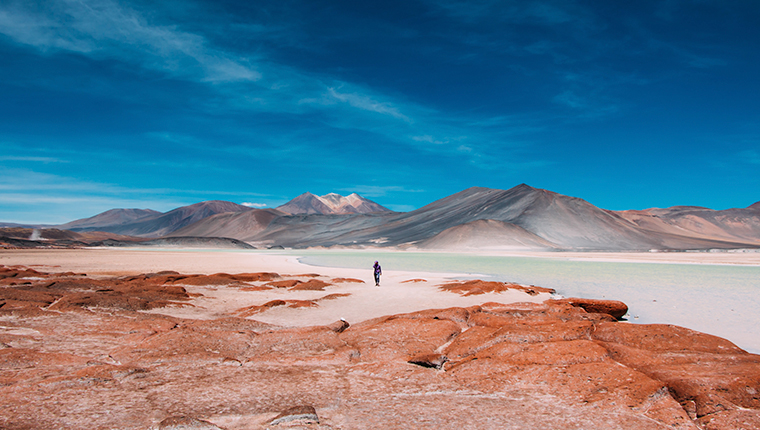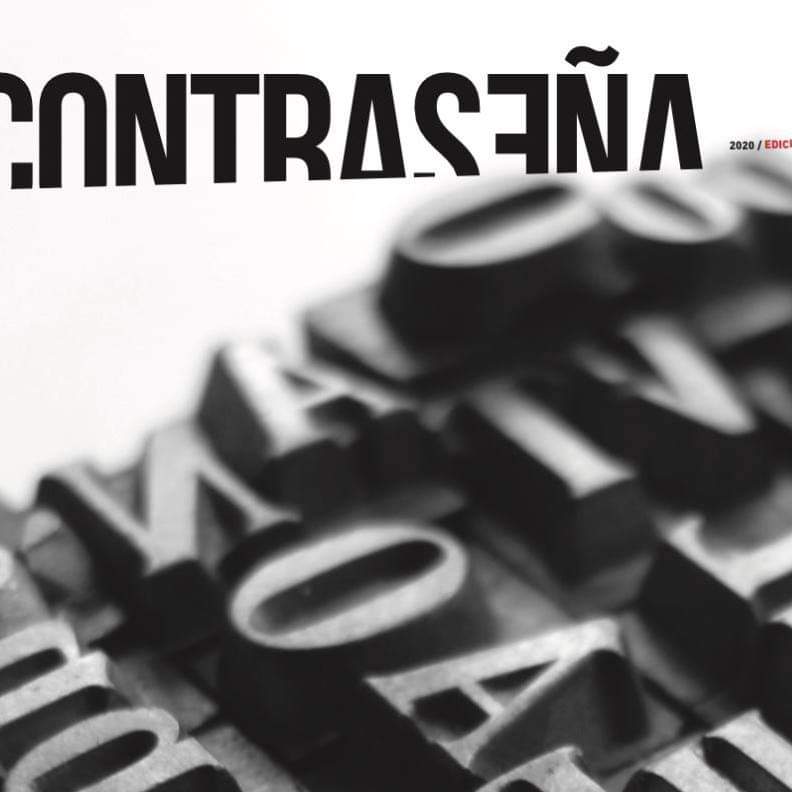Chile (/ˈtʃɪli/ (![]() listen), /ˈtʃɪleɪ/;[8] Spanish: [ˈtʃile]),[nb 2] officially the Republic of Chile (Spanish:
listen), /ˈtʃɪleɪ/;[8] Spanish: [ˈtʃile]),[nb 2] officially the Republic of Chile (Spanish: ![]() República de Chile (help·info)), is a South American country occupying a long, narrow strip of land between the Andes to the east and the Pacific Ocean to the west. It borders Peru to the north, Bolivia to the northeast, Argentina to the east, and the Drake Passage in the far south. Chilean territory includes the Pacific islands of Juan Fernández, Salas y Gómez, Desventuradas, and Easter Island in Oceania. Chile also claims about 1,250,000 square kilometres (480,000 sq mi) of Antarctica under the Chilean Antarctic Territory.[nb 3] The arid Atacama Desert in northern Chile contains great mineral wealth, principally copper and lithium. The relatively small central area dominates in terms of population and agricultural resources, and is the cultural and political center from which Chile expanded in the late 19th century when it incorporated its northern and southern regions. Southern Chile is rich in forests and grazing lands, and features a string of volcanoes and lakes. The southern coast is a labyrinth of fjords, inlets, canals, twisting peninsulas, and islands.[9]
República de Chile (help·info)), is a South American country occupying a long, narrow strip of land between the Andes to the east and the Pacific Ocean to the west. It borders Peru to the north, Bolivia to the northeast, Argentina to the east, and the Drake Passage in the far south. Chilean territory includes the Pacific islands of Juan Fernández, Salas y Gómez, Desventuradas, and Easter Island in Oceania. Chile also claims about 1,250,000 square kilometres (480,000 sq mi) of Antarctica under the Chilean Antarctic Territory.[nb 3] The arid Atacama Desert in northern Chile contains great mineral wealth, principally copper and lithium. The relatively small central area dominates in terms of population and agricultural resources, and is the cultural and political center from which Chile expanded in the late 19th century when it incorporated its northern and southern regions. Southern Chile is rich in forests and grazing lands, and features a string of volcanoes and lakes. The southern coast is a labyrinth of fjords, inlets, canals, twisting peninsulas, and islands.[9]
Spain conquered and colonized the region in the mid-16th century, replacing Inca rule in the north and centre, but failing to conquer the independent Mapuche who inhabited what is now south-central Chile. After declaring its independence from Spain in 1818, Chile emerged in the 1830s as a relatively stable authoritarian republic. In the 19th century, Chile saw significant economic and territorial growth, ending Mapuche resistance in the 1880s and gaining its current northern territory in the War of the Pacific (1879–83) after defeating Peru and Bolivia.[10] In the 1960s and 1970s, the country experienced severe left-right political polarization and turmoil. This development culminated with the 1973 Chilean coup d’état that overthrew Salvador Allende‘s democratically elected left-wing Marxist government and instituted a 16-year-long right-wing military dictatorship that left more than 3,000 people dead or missing.[11] The regime, headed by Augusto Pinochet, ended in 1990 after it lost a referendum in 1988 and was succeeded by a center-left coalition which ruled through four presidencies until 2010.
The modern sovereign state of Chile is among South America’s most economically and socially stable and prosperous nations, with a high-income economy and high living standards.[11][12] It leads Latin American nations in rankings of human development, competitiveness, income per capita, globalization, state of peace, economic freedom, and low perception of corruption.[13] It also ranks high regionally in sustainability of the state, and democratic development.[14] Currently it also has the lowest homicide rate in the Americas after Canada. Chile is a founding member of the United Nations, the Union of South American Nations (UNASUR), the Community of Latin American and Caribbean States (CELAC) and the Pacific Alliance, and joined the OECD in 2010.
Photo Credits
Photo by Thomas Griggs on Unsplash
Photo by Diego Jimenez on Unsplash
Photo by Loïc Mermilliod on Unsplash



